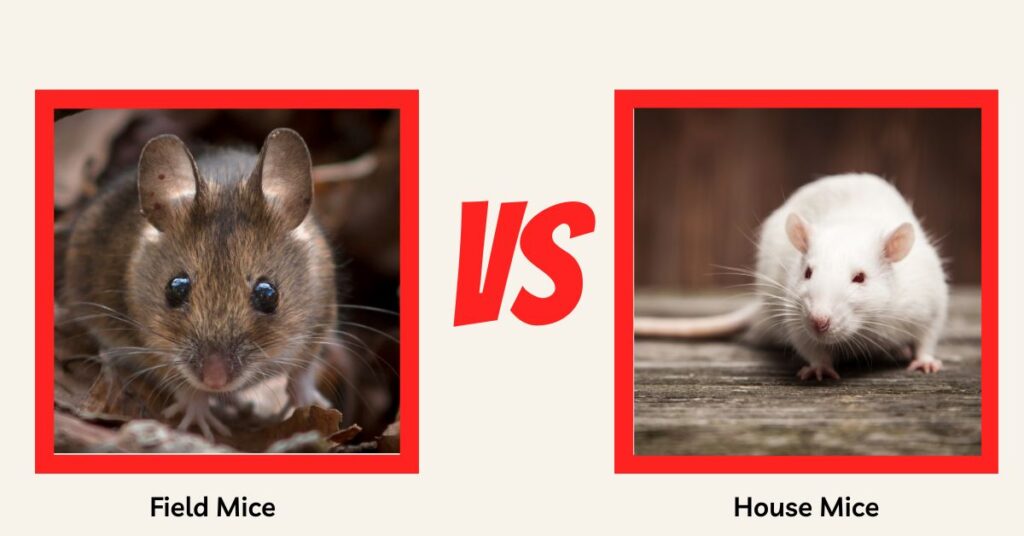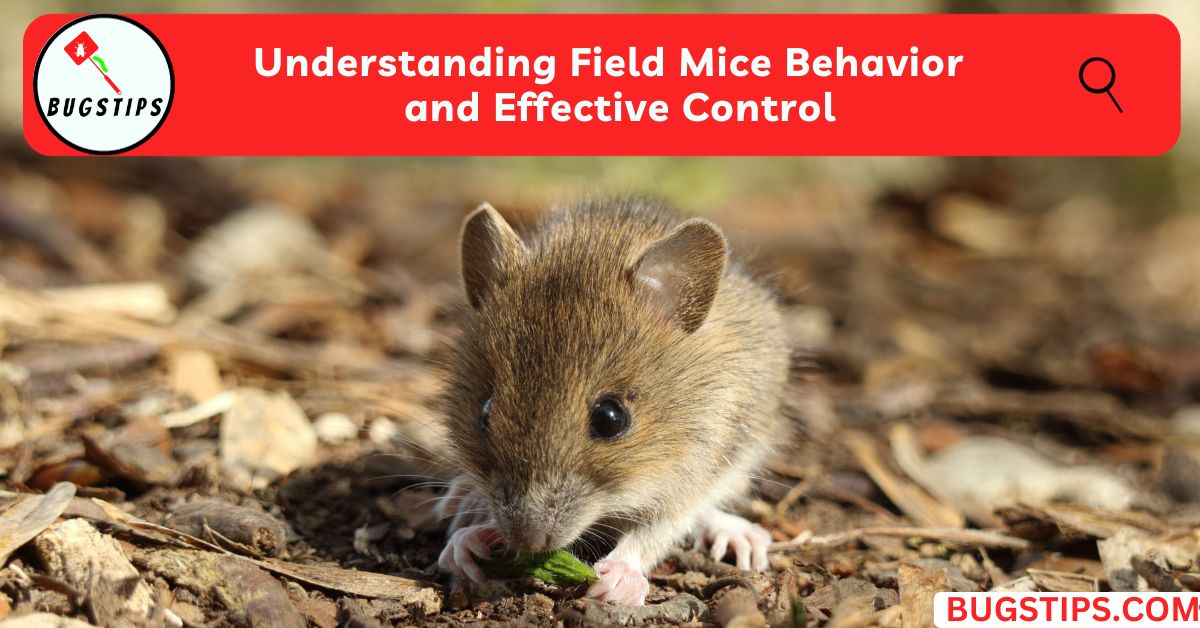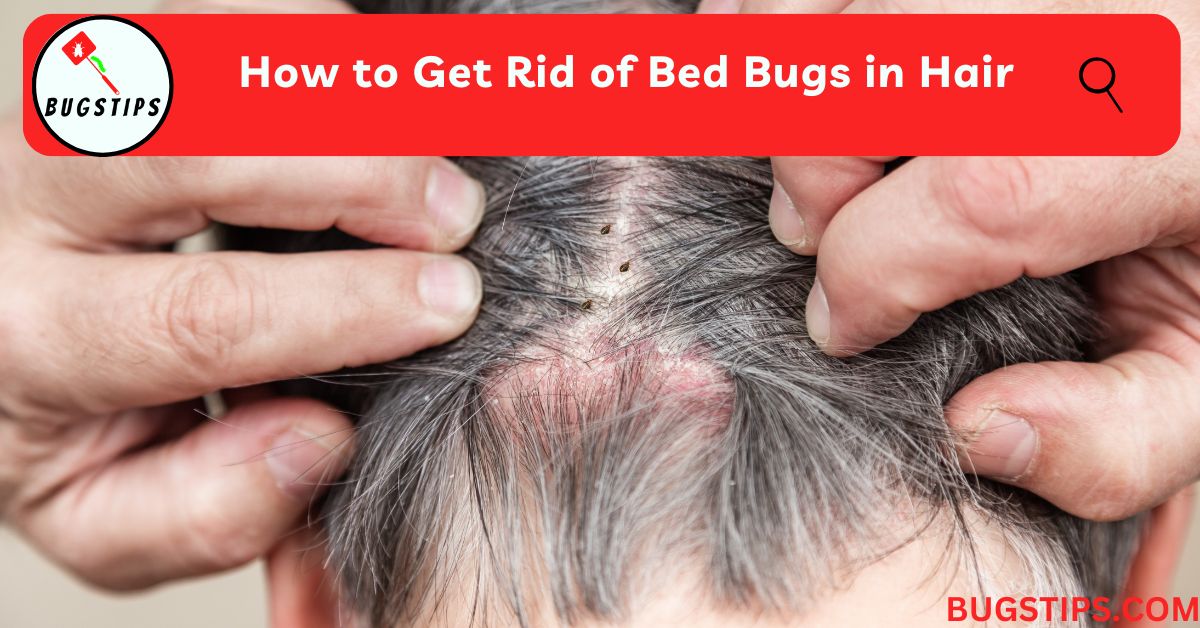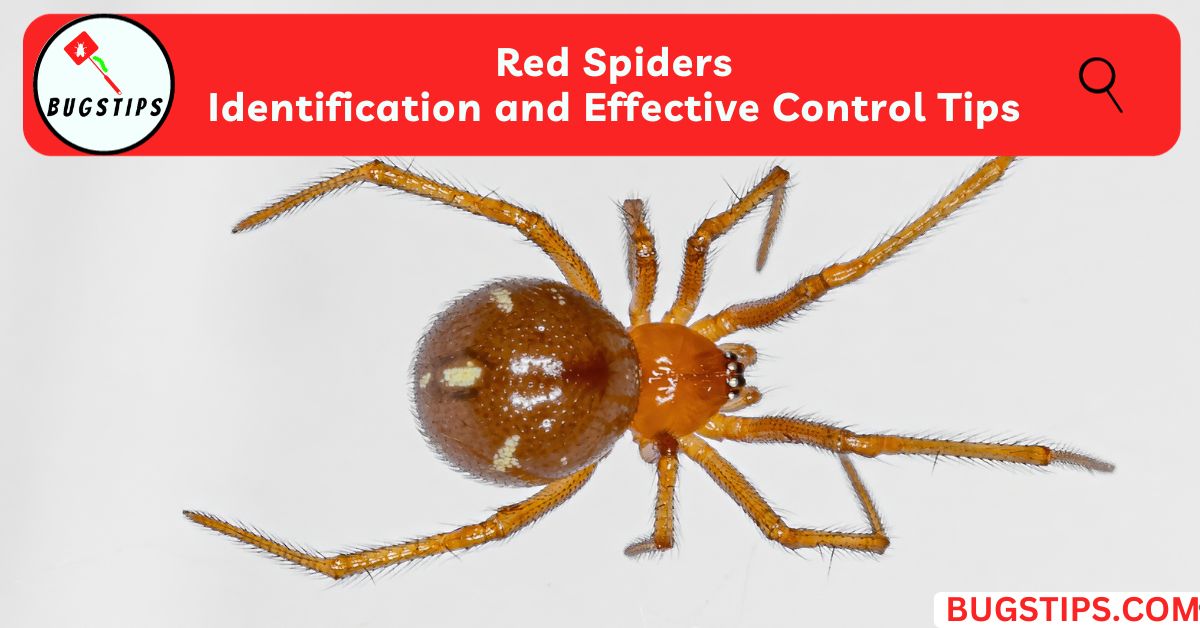This post may contain affiliate links which means as an Amazon Associate, this site may earn a small commission on qualified purchases made through links at no extra cost to you. Learn more on Affiliate Disclosure
If you have ever dealt with a field mice infestation, you know how frustrating it can be. Not only can they damage your property, but they also pose health risks for you and your family.
To effectively control field mice, it’s important to understand their behavior and what you can do to keep them away.
In this article, we’ll provide an overview of field mice behavior and offer practical tips for prevention and control.
We’ll also discuss the potential harm that field mice can cause and why it’s crucial to address infestations promptly.
Key Takeaways:
- Field mice are small rodent animals that can cause property damage and health risks for humans.
- Understanding their behavior and dietary habits is essential to effectively deterring them from your property.
- Prevention and deterrence strategies, such as sealing entry points and removing potential food sources, can help to keep field mice away.
- Infestations should be addressed promptly because they can lead to costly damage and health risks for humans.
- Stay vigilant and use the tips provided in this article to effectively control field mice in your space.
Field Mice vs House Mice
When it comes to mice, you may have heard of both field mice and house mice.
While they might look similar at first glance, there are some key differences between the two.

Physical characteristics: One of the main differences between field mice and house mice is their physical appearance.
Field mice are typically larger and have a brownish-grey coat with a white belly, while house mice are smaller and have a lighter brown coat.
Habitat preferences: As their names suggest, field mice typically live outdoors in fields, meadows, and other grassy areas, while house mice prefer to live indoors, near humans.
Field mice are adept at burrowing and building nests in the ground to protect themselves from predators, while house mice tend to make their homes in walls, attics, and other areas near sources of warmth and food.
| Field Mice | House Mice |
| Brownish-grey coat with white belly | Light brown coat |
| Live outdoors in fields and meadows | Prefer to live indoors, near humans |
| Adept at burrowing and building nests in the ground | Make their homes in walls, attics, and other areas near sources of warmth and food |
While both types of mice can be problematic when they make their way into your home, understanding their differences can help you identify which type of mouse you are dealing with and develop the most effective strategy for control and prevention.
Related Article – What Can Mice Chew Through?
Field Mice Habits and Diet
Field mice are small rodents that are active throughout the day and night.
They are known for their keen sense of smell, hearing, and vision, which they use to detect predators and locate food.
Field mice have a wide-ranging diet that includes seeds, grains, fruits, insects, and small animals such as snails and slugs.
Field mice are opportunistic eaters and will eat whatever is available to them.
They are known to store food in underground burrows to sustain themselves during the winter months.
In addition to their eating habits, field mice display several other notable behaviors.
They live in groups and are highly active, spending most of their time in search of food and establishing their territories.
They are excellent climbers, able to scale trees and vegetation with ease.
If you have a field mouse infestation, you may notice signs such as holes in the ground near your home, small burrows near the foundation, and scurrying noises at night.
Field mice are known to invade indoor spaces in search of food and shelter, making it crucial to address infestations promptly.
By taking steps to keep your home clean and free of food debris, you can prevent field mice from establishing themselves in your living space.
Field Mice Prevention and Deterrence
Field mice infestations can cause a great deal of damage to your property, so it is essential to take steps to keep them away.
Here are some practical tips to help you prevent field mice from entering your space:
- Seal cracks and gaps: Field mice can squeeze through small gaps and cracks, so make sure to seal any openings in your walls, floors, or foundation.
- Use repellents: You can use natural repellents such as peppermint oil and mothballs to deter field mice from entering your space.
- Eliminate entry points: Keep doors and windows closed or install screens to prevent mice from getting in.
- Also, make sure to store firewood and other clutter away from your house, as they can provide shelter for field mice.
- Remove food sources: Store food in airtight containers and keep your kitchen clean to avoid attracting field mice with any potential food sources.
- Set up traps: If all else fails, you can use humane or lethal traps to catch and remove field mice from your property.
- Just make sure to use appropriate bait and follow all instructions carefully.
By following these simple guidelines, you can keep your property free from field mice and enjoy a safe and healthy living environment.
You May Also Like – Squirrel Poop vs Rat Poop
Field Mice Hibernation Patterns
Many people wonder whether field mice hibernate during the winter months.
The answer is yes. Field mice are known to hibernate during the coldest parts of the year.
However, they do not hibernate in the traditional sense of the word.
Unlike other animals that go into deep sleep and slow down their bodily functions, field mice remain active even during hibernation.
During hibernation, field mice maintain a lower body temperature and slow down their metabolism to conserve energy.
They typically hibernate throughout the winter months, between November and March, depending on the geographical location.
If you suspect that field mice have made their way into your home or property, it’s important to take action before they hibernate for the winter.
Otherwise, you may end up with a larger infestation by the time spring rolls around.
Potential Harm of Field Mice Infestations
While field mice may seem harmless, they can cause significant damage to your property and pose health risks to your family and pets.
Field mice are known to chew through electrical wiring, insulation, and other materials in your home, which can lead to costly repairs.
Additionally, field mice can carry diseases and parasites, such as ticks, fleas, and mites, which can spread to humans and pets through bites or contact with contaminated surfaces.
It’s important to address field mice infestations promptly to prevent further damage and minimize health risks.
By taking proactive steps to prevent infestations and using effective control methods, you can keep your home and family safe from the potential harm of field mice.
Related Article – Mouse in Bedroom Can’t Sleep?
Causes of Field Mice Infestations
Field mice infestations can occur for several reasons. The most common cause is the availability of food and shelter.
Once they locate a suitable environment, they breed quickly, leading to a full-blown infestation.
One of the primary sources of food for field mice is grains.
If you store grains in susceptible areas like sheds or outdoor storerooms, it increases the chances of infestation.
Additionally, if you have an overgrown yard or garden, it can provide an ideal shelter for these pests.
To prevent field mice infestations, it’s vital to address these underlying causes.
Store grains and other susceptible items in airtight containers and clear out yard debris regularly.
Also, ensure that all entry points are sealed to prevent these mice from accessing your home.
Why are They Called Field Mice?
Have you ever wondered why they’re called “field mice”? You might be surprised to learn that these little rodents are named after their preferred habitat- fields.
That’s right – field mice thrive in open, grassy areas such as meadows and farmlands.
Field mice belong to the genus Apodemus, a group of small mice native to Europe and Asia.
The name Apodemus comes from the Greek word “apo” meaning “away from,” and “demos” meaning “people,” indicating the creature’s habit of avoiding humans.
Interestingly, the name “field mouse” is often used interchangeably with “wood mouse,” which refers to a closely related species of rodent.
Wood mice are also found in fields and meadow habitats, making the two names somewhat interchangeable.
So there you have it – the origin of the name “field mouse” is simply due to their affinity for fields and meadows.
Related Article – Boric Acid for Mice | Does Boric Acid Kill Mice?
Dealing with Field Mice Bites
If you get bitten by a field mouse, it’s important to take immediate action to prevent infection and other potential consequences.
Field mice bites can be dangerous because the animals carry disease-causing bacteria and viruses, such as hantavirus and Lyme disease.
Additionally, their sharp teeth can cause deep puncture wounds that are prone to infection.
If you experience a field mouse bite, it’s essential to clean the affected area thoroughly with soap and water.
Be sure to disinfect the wound and apply antiseptic to prevent infection.
If the wound is bleeding heavily, use a clean cloth or bandage to apply pressure and stop the bleeding.
If you notice any unusual symptoms after a field mouse bite, such as fever, chills, or muscle aches, seek medical attention immediately.
These symptoms could indicate the presence of a serious infection or disease.
It’s worth noting that prevention is the best way to avoid field mice bites and the potential health risks they pose.
Keep your home and surrounding areas clean, tidy, and well-maintained to discourage field mice from making your space their habitat.
Conclusion
Now that you have a better understanding of field mice behavior and habits, it’s important to take immediate action if you suspect an infestation in your home or property.
Remember that field mice in the house can be dangerous, causing property damage and health risks for you and your loved ones.
To get rid of field mice, prevention is key.
Keep your space clean and free of clutter, seal any gaps or cracks in your walls or foundation, and eliminate potential food sources such as crumbs or garbage.
If you do encounter a field mice problem, there are numerous control methods available, including traps and natural deterrents.
Finally, keep in mind some important field mice facts, such as their hibernation patterns and the potential harm they can cause if left unchecked.
By staying informed and taking proactive measures to prevent and address infestations, you can protect your home and your family from the negative effects of field mice.
FAQs
What is the difference between field mice and house mice?
Field mice and house mice have different physical characteristics and habitat preferences.
Field mice are typically found in outdoor areas such as fields and meadows, while house mice are more commonly found indoors.
What do field mice eat?
Field mice have a primarily herbivorous diet, feeding on grass, seeds, grains, and plant material.
However, they may also consume insects and small invertebrates if necessary.
How can I keep field mice away from my property?
To prevent field mice from entering your space, ensure that all potential entry points, such as cracks and openings, are sealed.
Keep your surroundings clean, remove potential food sources, and consider using deterrents such as sonic devices or natural repellents.
Do field mice hibernate?
Field mice do not hibernate but may become less active during the winter months.
They will typically seek shelter in underground burrows or hidden areas to stay warm.
Are field mice harmful?
Field mice can cause damage to property by gnawing on structures, wires, and insulation. They can also pose health risks by spreading diseases through their droppings and urine.
What causes field mice infestations?
Field mice infestations can be caused by factors such as easy access to food, water, and shelter.
Cluttered and unclean environments, as well as nearby sources of food, can attract field mice to your space.
Why are they called field mice?
Field mice are called so because they are commonly found in open fields or natural grassy areas.
What happens if a field mouse bites you?
While field mice bites are rare, they can potentially transmit diseases or cause infections.
If bitten, it is advisable to clean the wound thoroughly and seek medical attention to prevent any complications.
Are field mice intelligent?
Field mice exhibit intelligent behaviors such as problem-solving and adaptability to their surroundings.
However, their level of intelligence may vary among individuals and species.
Are field mice useful in any way?
Field mice play important roles in ecosystems, aiding in seed dispersal and serving as prey for larger animals.
However, in human-inhabited spaces, they are generally considered pests due to their potential to cause damage.
How do I get rid of field mice?
Effective methods for getting rid of field mice include using traps, sealing entry points, removing food sources, and keeping your surroundings clean and clutter-free.
If the infestation persists, professional pest control services may be required.
Are field mice in the house dangerous?
Field mice in the house can be dangerous as they can cause property damage and carry diseases.
It is important to address infestations promptly to minimize risks to both your property and health.
Resources – (for further reading)
Earthkind – Field Mice Facts: Why They Want In Your Home
The Woodland Trust – House Mouse or Field Mouse? Types of Mice




